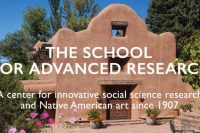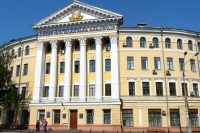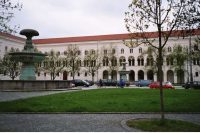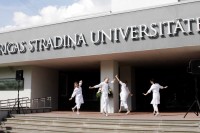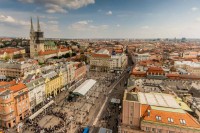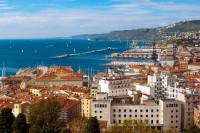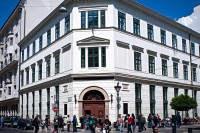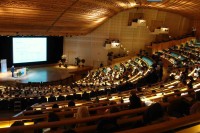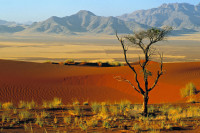Описание
What types of evidence, data, and sources can we use to expand our knowledge of the African past? How can different types of evidence be critically analysed – be they landmarks on African landscapes or faded texts produced by authors unfolding specific intellectual and political projects? These are some of the questions that have animated the work of Dr. Paulo Fernando de Moraes Farias for five decades. On 12-14 November 2014 the Department of African Studies and Anthropology (DASA) and Centre of West African Studies (CWAS) of the University of Birmingham (UK) will host a symposium aimed at confronting these questions and speaking to issues that have been central to Dr. De Moraes Farias’ scholarship.
As a very special opening to the symposium, Dr. De Moraes Farias has accepted to give the third Fage Lecture on Thursday 12 November 2015 at 5pm. His lecture will be followed by a reception and the two subsequent days will feature workshop-style panels and plenary sessions. These panels will serve both as a broader reflection on Dr. De Moraes Farias’ engagement with these themes, and as an important opportunity for a renewed engagement with the sources for the African past at a moment of flux in African historiography.
Symposium themes
1) Demythologising the African past: what are the enduring myths that distort the interpretation of Africa’s history? What explains the existence and endurance of these myths? What are their consequences for historical reconstruction and for knowledge of contemporary African dynamics?
2) Historicising African myth: myths are filled with clues. They reveal moral values, aesthetic judgments, and salient themes in the popular imaginary of African societies that provide insights into a past often left unrecorded. What are the historical and cultural dynamics that influence the production, circulation, and transformation of African myths?
3) Accounting for context: Beyond accounting for the language and culture of the authors of our sources, how can we integrate a consideration of other factors – such as the reckoning of time, awareness of landscapes, landmarks, and the material and immaterial world – in the study and interpretation of sources of the African past?
4) Revealing the projects behind the sources: Paulo Fernando de Moraes Farias urges us to think of African sources – be they textual, oral, or epigraphic – as the products of the biographic, intellectual, and political trajectories of their authors. Can we use sources as avenues for reconstructing the intellectual projects of their authors, and the discursive fields in which these authors operated?
5) Developing a historiographic ethics based on a genuine hermeneutical stance in historical exegesis. How can researchers write in a way that reveals the justification in the Other’s point of view (and makes us doubt our own)?
6) Contributions related to any of the regional and theoretical lines of inquiry that have animated Paulo Fernando de Moraes Farias’ work, including Yoruba, Tuareg, and Songhay oral history; epigraphy; research in medieval Mali, Benin, and Mauritania; jihadist and non-jihadist Islam; Afrocentrism; critical reassessments of North and West African
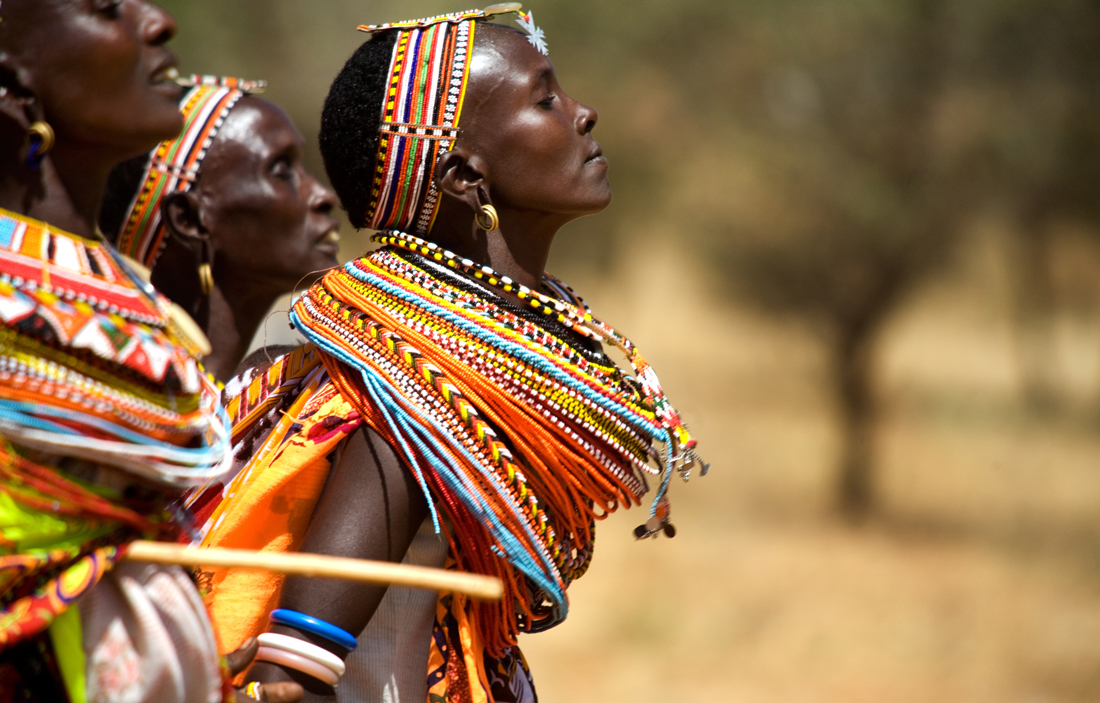
Требования к кандидатам
Submissions of papers should include author’s name, affiliation, contact details, paper title, abstract of no more than 200 words. Panel proposals should be submitted by panel organisers and include complete information for all of the papers included in the panel.
The deadline for the submission of abstracts is 31 January 2015. There is no registration fee. The conference will take place in the University of Birmingham’s campus. Participants are expected to make their own travel and accommodation arrangements and to purchase their own meals. DASA will offer coffee/tea breaks and invite all participants to the reception that will follow the Fage Lecture on the evening of Thursday 12 November.
Контакты
Arts Building University of Birmingham Edgbaston Birmingham B15 2TT UK

